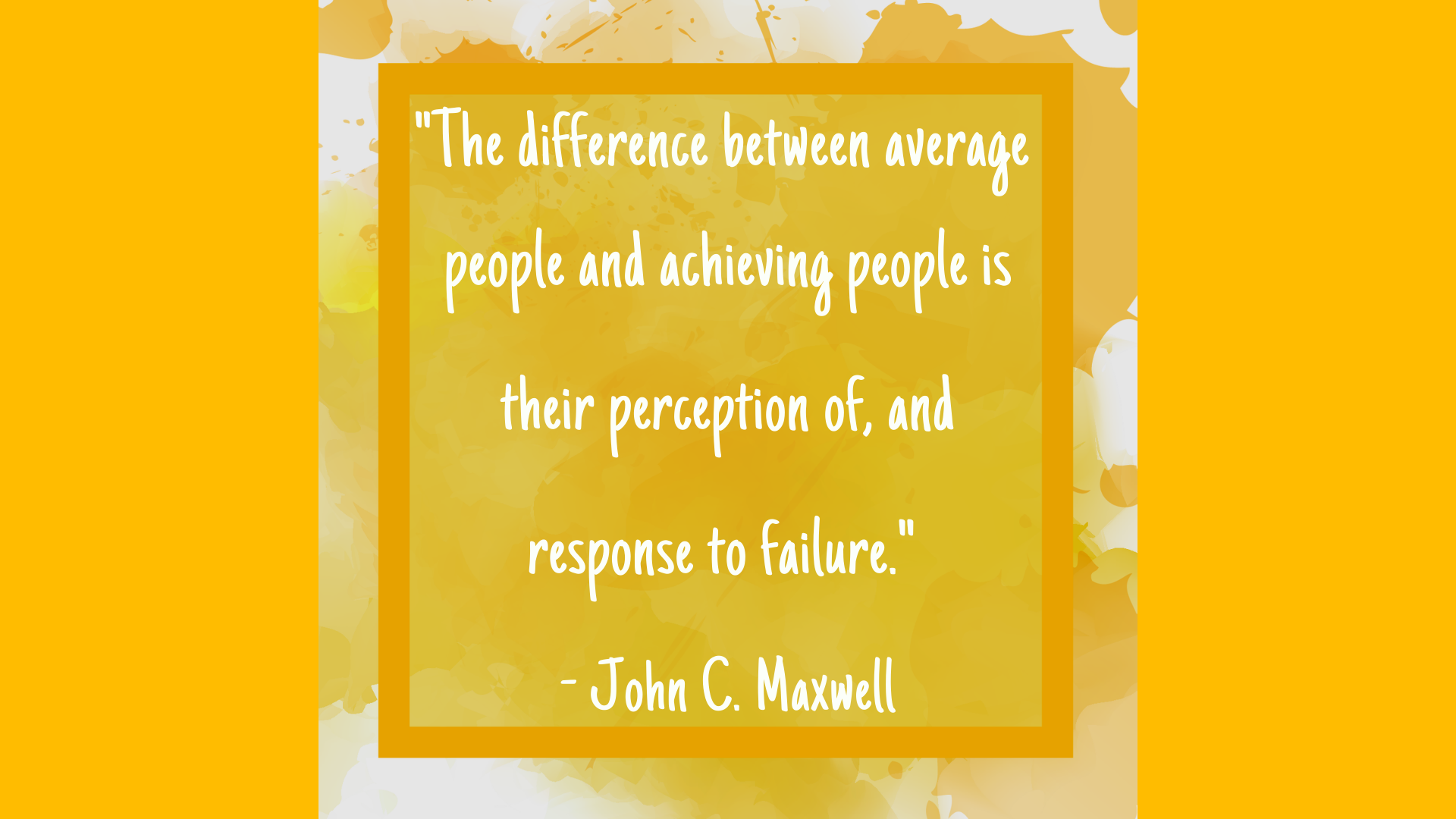Kay:
Hey, hey, Questers welcome back. Today is Monday, August 30th, and this is episode 431. Now Shila and I are at a very, very special event right now, an event that we’ve been missing wholeheartedly for the last two years. We are at the International Maxwell Certification in Orlando, Florida.
Shi:
It is something we love. We’ve been going twice a year since 2015. We’re involved with helping produce the event, we speak at the event. It is what we affectionately call Christmas two times a year, and it is all centered around John Maxwell, one of the world’s leading leadership experts. He’s authored over a hundred books, a New York Times bestseller. He consults for the Pope and presidents of countries and celebrities and major CEOs, and we absolutely adore getting to go to this event and speak for his event and for his team. So, all week we are going to be bringing you John C. Maxwell quotes. So, get ready because we’re getting five killer John quotes coming at you this week, starting with the very first one.
Kay:
Yes, John quotes indeed and he certainly is a quotable fellow. Today’s quote says, “The difference between average people and achieving people is their perception of, and response to failure.”

Shi:
Well, this is indicative of the kind of wisdom that John brings you on the daily. If you Google John Maxwell quotes, there is an abundance of them, but we picked five of our favorites. Starting off the week with this one feels like the right choice because if you’re like us, life has maybe been a little challenging lately and it’s a good reminder of what that differentiating factor is because everyone, whether they’re achievers or they’re average, has a failure.
Kay:
Yup. If you are a failure, welcome to the human race. Congratulations.
Shi:
You won.
Kay:
You’re alive, man. You are here. That means you are a part of it and so when John is saying that the difference between those that are average and the difference between those that achieve is the perception of, and response to failure. Now, just want to take that first portion perception of first, because the way that we look at failure really does dictate how we respond to it. So, if your perception of failure is I fail, and that means the end of my journey, you’re probably not going to be successful.
Shi:
Perception, I’m glad that you brought this forward to dissect first. When we think about perception, this is really your viewpoint on an instance. The failure is, in some way, some objective event that happened. You went for the contract, and you didn’t get it, or you tried to run the race and you wimped out at the last minute, or you said you were going to get the thing done by the end of the day and you didn’t get it done. Well, there are big failures, there are little failures, there are all kinds of failures, but there’s some sort of objective event that happens which means that then we as subjective individuals have a perception about that.
It is absolutely key for dictating what comes next in the John quote, which is the response piece. But the perception piece is your viewpoint on it. If you think about a physical object, you can stand at different places and see it completely differently. Our objective objects of failure are like that as well. So, if you’re standing in a place where, when you look at that failure, all you see is how you did wrong and you messed up and you’re not worthy and it’s not worth it and doesn’t go on and what’s the point. It might be time to take a few steps around so that you can look at it from a different angle and say some more empowering things to yourself.
Kay:
Sometimes if we’re trying to take a look at maybe what our perception of failure is we can take a look at the other side of the coin, which is our standard of success. Now, if you are the type of person who, in order to have a successful speech. Let’s say, you’re going to give a 60-minute speech on a stage and your definition of success is that you make it through that speech 100% of the 60 minutes without one, um, not one, ah, and that you completely remember all of the 60 minutes that you rehearsed perfectly to the T. Now that’s your standard of success and you get up on that stage and 15 minutes in you stumble over your words, you are probably going to end up stumbling even further and tripping yourself up because your perception of success and failure was black and white and hinging on something, on a standard that was too high for you to reach.
Shi:
That’s a great point to bring up but we’re coming to the end of the episode. So, let’s quickly touch on response because there are two things that make the difference as John tells us between average people and achievers. That is their perception, which we just spoke on but the second one is their response to failure. What is your action towards that objective situation and not your reaction because that is typically what just is the knee-jerk trigger reaction for us, but rather the response? A meaningful, intentional articulation of how your best and highest self would show up, of how your problem-solving that would be warned, of how you take this, and you make it into a win or a lesson or you make it better. That’s the difference between a response and a reaction and it’s something that’s so important here in the quote that John shares with us, which is.
Kay:
“The difference between average people and achieving people is their perception of, and response to failure.
Shi:
Alright. That brings you to your Monday Quest today. Alright, decide if you are an average person or if you are an achieving person and if you chose an achieving person, and then we’re pretty sure you did ask yourself what failures in my life should I shift perspective on and respond differently to. Are you ready? Shift into it with us now?
Kay & Shi:
Let’s quest!




